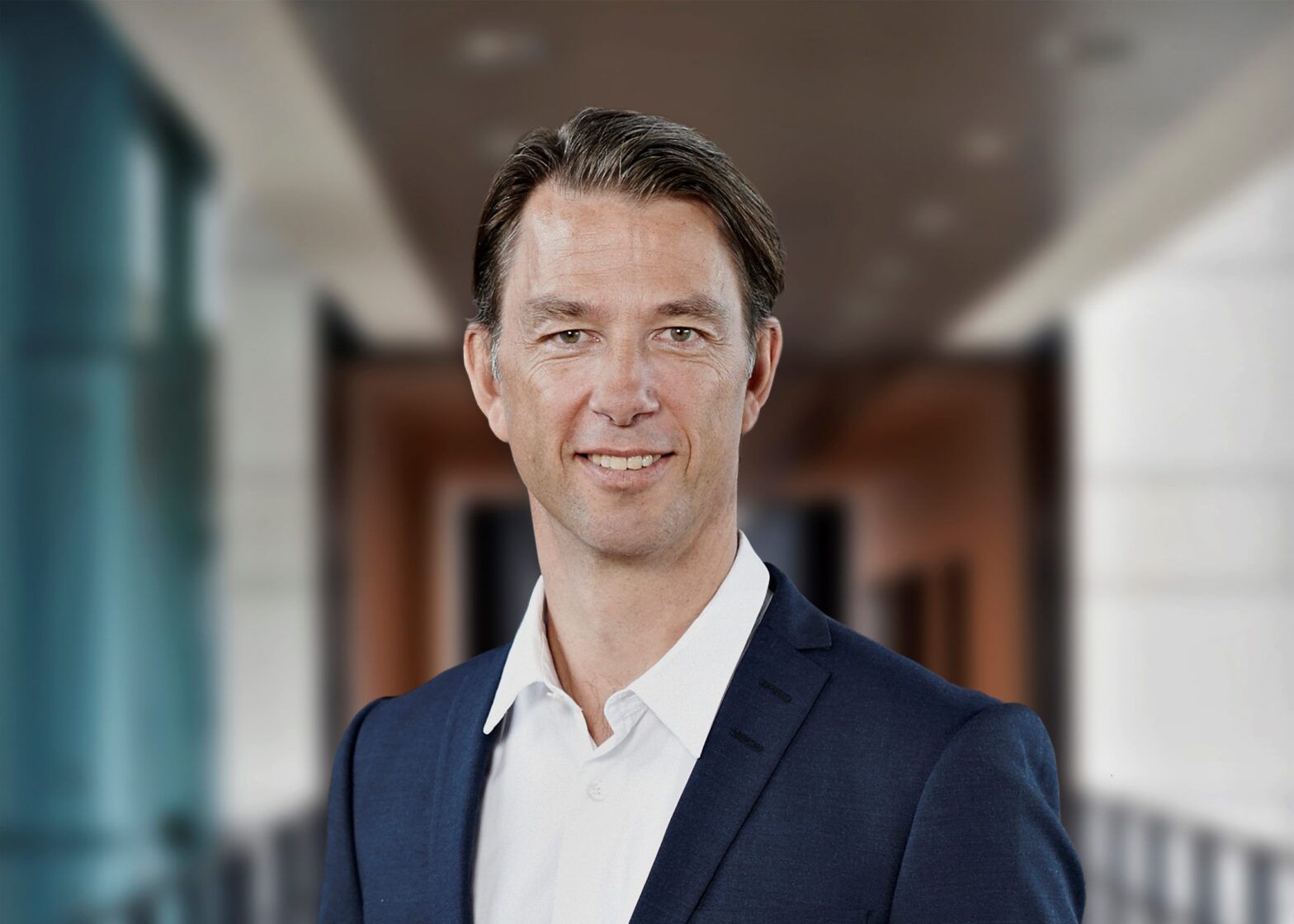If we are to have any hope of slowing the rate of global warming, urgent action must be undertaken to cut methane emissions. A powerful greenhouse gas, methane is estimated to be responsible for more than 25% of the global warming the world has experienced so far.
In fact, over the first two decades after entering the atmosphere, methane has more than 80 times the warming power of carbon dioxide. Although CO2 has a longer-lasting effect, methane sets the pace for warming in the near term. Among the sources of methane due to human activity, fossil fuels contribute up to a third, with agriculture a close second.
Reducing methane emissions is critical for the world economy to achieve a 1.5-degree pathway. Specifically, reducing methane emissions within the oil and gas space is one of the most cost-effective forms of climate risk mitigation over the next decade, according to the International Energy Agency. Importantly, this is a significant contribution oil and gas companies can make, even in the absence of a full strategic re-orientation towards Paris alignment.
Engagement to create real-world impact
In July 2022, we initiated the first phase of a collaboration with selected partners and clients to engage with 15 companies in the oil and gas industry on the disclosure and mitigation of methane emissions. Our primary engagement efforts focused on encouraging investee companies with methane emissions to join the Oil and Gas Methane Partnership (OGMP) 2.0 framework. Part of the United Nations Environment Programme, OGMP 2.0 is the gold standard in methane measurement, reporting and target setting.
In addition to joining the OGMP 2.0, we asked the investee companies to identify the actions being taken to reduce methane emissions and to share the cost/benefit analysis of these actions in engagement meetings. During the second half of 2022, we expanded phase one of the engagement to additional companies, and our engagement efforts across the group have continued.
Although we still see gaps in the maturity of the companies in tackling methane emissions, we are noting progress through engagement. Many of the companies are taking action to reduce methane emissions and are in dialogue with the OGMP 2.0 on membership. And concrete results are beginning to come in, with Brazilian state-owned oil and gas giant Petrobras and US group EOG Resources joined the OGMP 2.0 in January 2023.
Petrobras progress shows power of engagement
During 2022, we engaged with Petrobras on its methane emissions as part of our methane collaborative dialogue and on other climate topics – such as its net-zero reporting and targets – in our capacity as lead for the Climate Action 100+ investor initiative. We chose to focus our engagement efforts on methane emissions based on Petrobras’ methane emission volumes, its suitability as a candidate for the OGMP 2.0, and the urgency of reducing its methane emissions to achieve alignment with the Paris Agreement.
International Energy Agency data has identified high levels of abatable emissions at offshore oil and gas assets, where Petrobras is a dominant player. Petrobras remains in a production growth phase, so it should be prioritising engineering solutions to minimise methane emissions from new fields and production units. All in all, we saw a wide range of abatement opportunities at Petrobras, and we expect the company to make available additional asset-level data on methane emissions – such as those reported to the OGMP 2.0.
We sent a letter to the CEO of Petrobras encouraging the company to join the OGMP 2.0 and had meetings with the company regarding methane in the second half of 2022. We expressed our expectation for the company to follow the example set by several peers and business partners by improving the measurement and management of methane emissions. The company acknowledged the importance of this issue and conducted an extensive technical review on the feasibility of reporting according to OGMP 2.0 standards, before eventually joining in January this year.
Engagement is a powerful tool for investors, as improved management of sustainability risks and opportunities is vital to creating returns with responsibility. We see engagement as a competitive advantage, increasing the likelihood of corporates being successful in the long run – which benefits companies, investors, and society at large.








